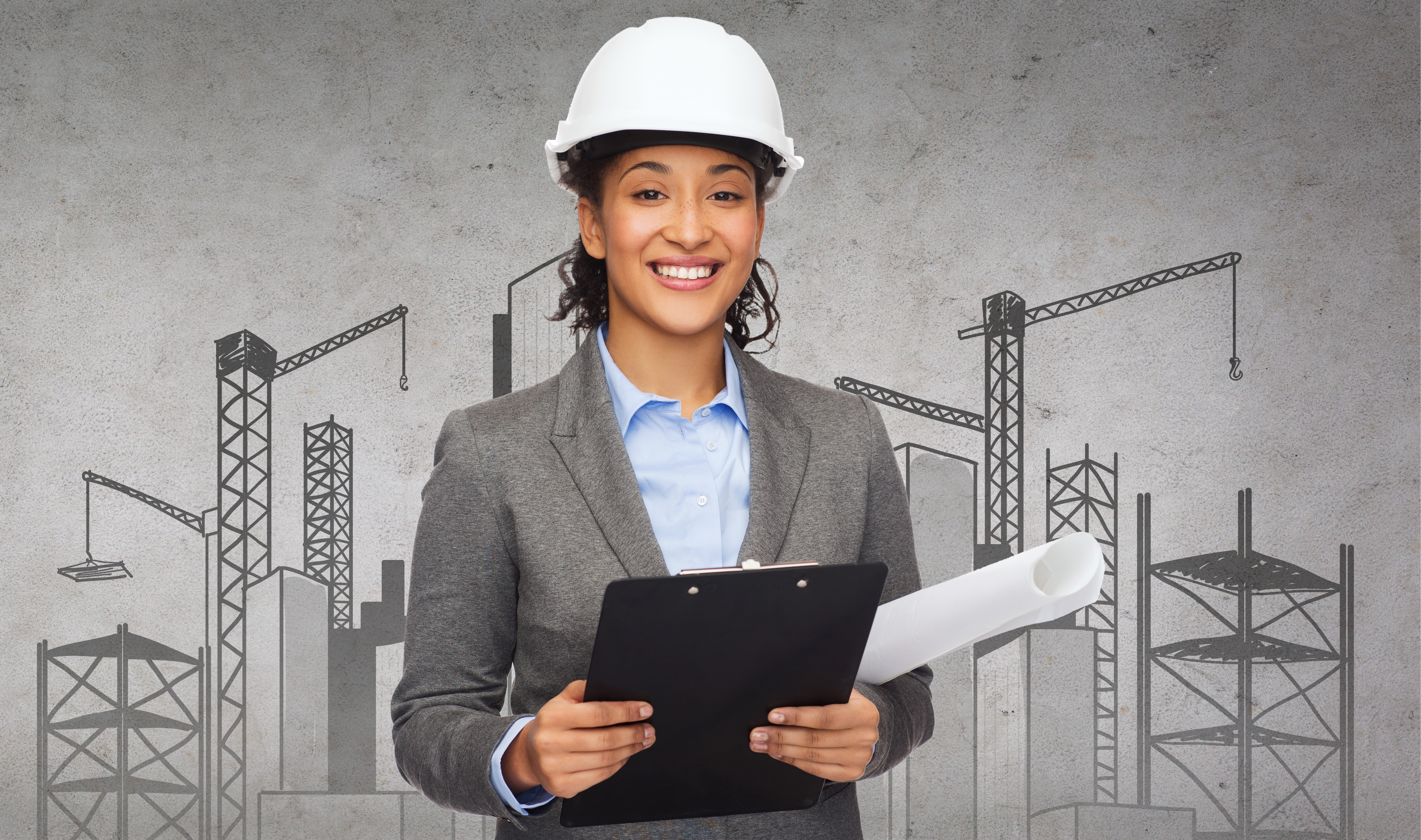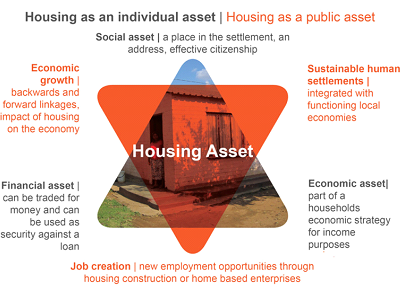
When managed well, the urbanization process can contribute to sustainable and inclusive growth—potentially it can address inequalities, increase productivity, and promote job creation, social inclusion and well-being. But for this to happen there is a need for a radical change in thinking about the way cities and human settlements are planned, developed, governed, and managed.
Africa is urbanizing at a rate of 4% per year, with large parts of the population shifting from rural areas to urban ones in search of opportunities. This brings with it unprecedented challenges, as governments are ill-equipped for dealing with the demands of large numbers of urban settlers.

is this gap more evident than in African cities, where poverty results in informal settlement patterns, economic inequality, high youth unemployment and environmental degradation. The lack of space in built-up areas leads to the growth of crowded slums that have little infrastructure and are disconnected from the main centers of activity. In turn, this creates problems of urban mobility and access to basic services.
Our goal is to transform our current cities into sustainable ‘smart cities’ that provide opportunities for all, including access to basic services, energy, affordable housing, and transport. This is a situation that demands immediate attention, as Africa’s rapidly growing population and unparalleled economic growth have led to more urbanization there than in any other continent. Major cities in Africa currently contribute about $700 billion to the continent’s GDP; this figure is expected to grow to $1.7 trillion by 2030.

“I am convinced that Africa is shaping the sustainable city of tomorrow”
-Emmanuel Macron
 Affordable housing and basic infrastructure are pivotal to the success of any city, but the cost of providing formal housing—whether through private developers or through the government—is prohibitively high. By implementing innovative urban planning and leveraging newer technologies, we can reduce the cost of providing affordable housing to all. The average African household spends 40-50% of its monthly income on rentals, against a minimum allowable expenditure of between 28-30% on housing.
Affordable housing and basic infrastructure are pivotal to the success of any city, but the cost of providing formal housing—whether through private developers or through the government—is prohibitively high. By implementing innovative urban planning and leveraging newer technologies, we can reduce the cost of providing affordable housing to all. The average African household spends 40-50% of its monthly income on rentals, against a minimum allowable expenditure of between 28-30% on housing.

